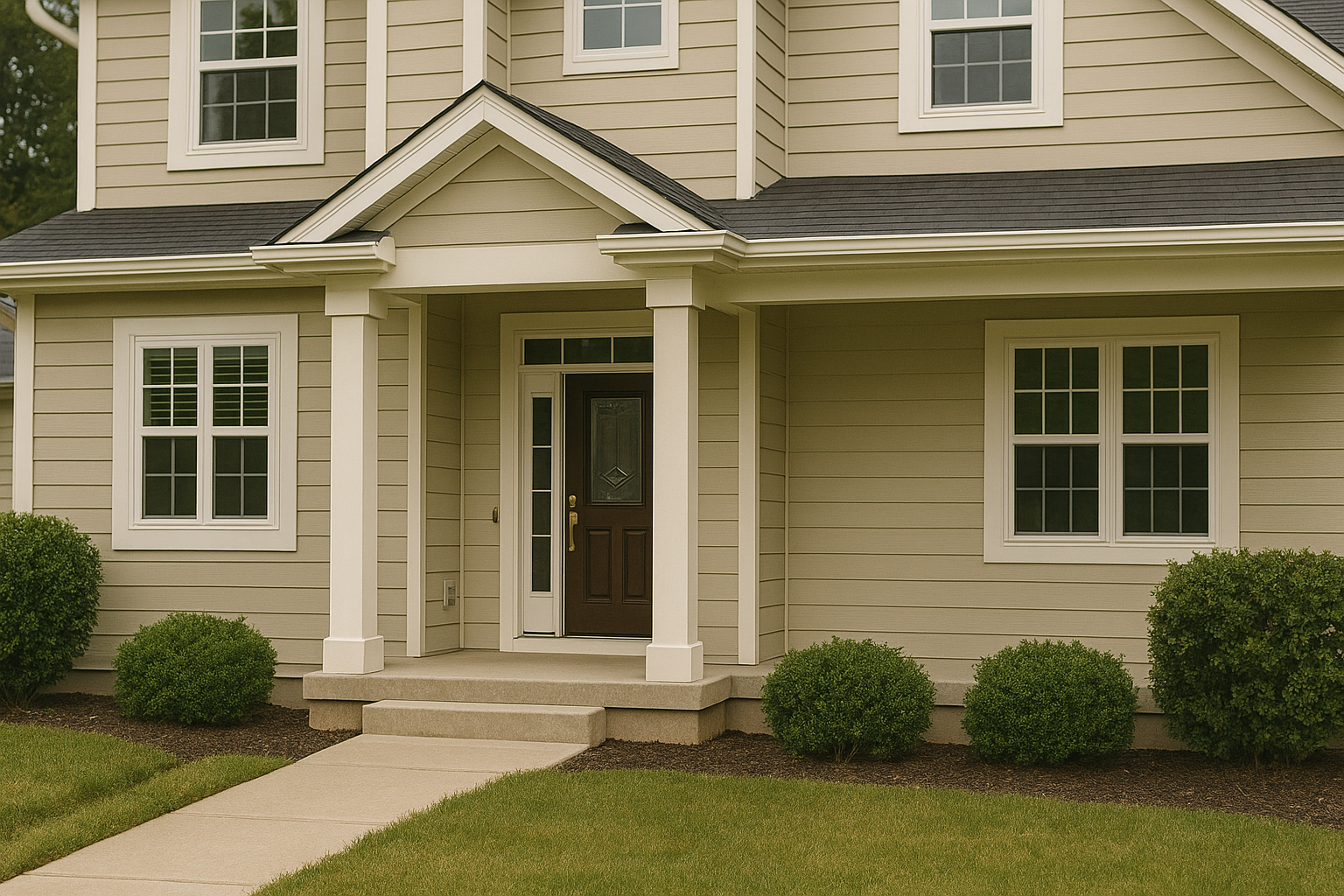Spring Maintenance Tips


We've weathered another winter, and spring is now here. Baseball will soon return, leaves and blossoms are popping; and it's time to get out and see what winter did to your home. This article should help provide tips for needed maintenance around the home this time of year.
Have your air conditioning system professionally serviced to make sure it is ready for summer. Air filters should be replaced every 30 days (fiberglass type), every 90 days (paper pleated type) or yearly (large media type). I recommend using at least the 90-day pleated air filter. A dirty air filter puts extra wear on your air conditioning system. Ensure there is at least 24 inches of clearance on all sides of your exterior A/C compressor unit. Vegetation, stored items, etc. limit air flow that the A/C system's outdoor unit needs to work properly. The outdoor unit should have nothing but empty space within 24 inches of its sides and 6 feet above it. A/C systems should only be run when the exterior temperature is at least 60 degrees Fahrenheit.
Perform a general exterior inspection of your roof, grading, gutters/downspouts, trim, siding, etc. Winter can do interesting things to your home, and it is best to find and fix anything that may increase the chances of leakage or other damage before it can happen. Make sure your roof covering, roof flashing, stack vent boots, ridge venting and trim are in good condition. Damage to any of these items can spell a leak which could also result in mold. Check for rotted wood around door and window trim. If uncomfortable on a ladder, call a professional. Make sure your gutters and downspouts are clear and discharge at least 4 feet from the foundation of your home, porch or deck.
Wait until the threat of freezing temperatures has passed before you turn on your exterior hose bibs or connect your hoses.
Ensure that your home has sufficient insulation in the basement, crawl space and/or attic. The current insulation standard as of 2018 for attics in our area is R-49 minimum. This corresponds to approximately 14 inches of cellulose, 16 inches of fiberglass batt insulation or 20 inches of blown-in fiberglass. Thickening your attic insulation makes it more difficult for heat from living space to penetrate into your attic in the winter or for attic heat to find its way into your home's living space in the summer. Access panels to unfinished attics should also be insulated yet almost never are since these locations are a common cause of heat gain or heat loss. Based upon my experience, most homes could benefit from more attic insulation to help lower utility bills and increase interior comfort. Adding more insulation will pay for itself if done properly in the form of more interior comfort and lower heating and cooling costs. Some utilities also offer rebates for homeowner energy upgrades such as adding more insulation.
Ensure that your sump pump is working properly. During spring and summer, prolonged rains or heavy thunderstorms are not uncommon. You want to be sure that your sump pump can do its job. If your sump pit has no pump installed but does have water accumulation, have a proper sump pump installed with a check valve, and ensure that its drain discharges outside at least 4 feet from the foundation. You may even consider a battery backup for this system in case thunderstorms knock out your power. This is especially important in finished basements. Keep in mind that many areas have ordinances or codes that forbid discharging sump pumps into the public sewer. Sump pumps should only be drained to grade in your yard.
Performing these proactive measures in the spring will allow you to enjoy more time outside relaxing and less time working.
Facts, opinions and information expressed in the Blog represent the work of the author and are believed to be accurate, but are not guaranteed. The Lancaster County Association of Realtors is not liable for any potential errors, omissions or outdated information. If errors are noted within a post, please notify the Association. Posts represent the author's opinion and are not necessarily the opinion of the Association.













